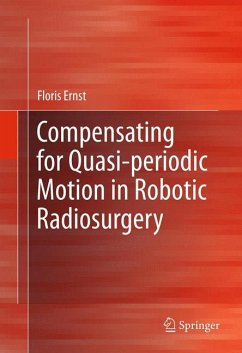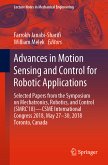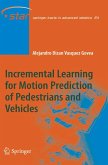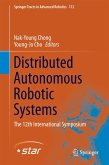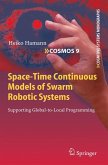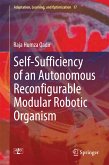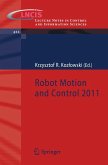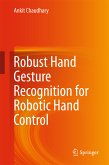Compensating for Quasi-periodic Motion in Robotic Radiosurgery outlines the techniques needed to accurately track and compensate for respiratory and pulsatory motion during robotic radiosurgery. The algorithms presented within the book aid in the treatment of tumors that move during respiration. In Chapters 1 and 2, the book introduces the concept of stereotactic body radiation therapy, motion compensation strategies and the clinical state-of-the-art. In Chapters 3 through 5, the author describes and evaluates new methods for motion prediction, for correlating external motion to internal organ motion, and for the evaluation of these algorithms' output based on an unprecedented amount of real clinical data. Finally, Chapter 6 provides a brief introduction into currently investigated, open questions and further fields of research. Compensating for Quasi-periodic Motion in Robotic Radiosurgery targets researchers working in the related fields of surgical oncology, artificial intelligence, robotics and more. Advanced-level students will also find this book valuable.
Dieser Download kann aus rechtlichen Gründen nur mit Rechnungsadresse in A, B, BG, CY, CZ, D, DK, EW, E, FIN, F, GR, HR, H, IRL, I, LT, L, LR, M, NL, PL, P, R, S, SLO, SK ausgeliefert werden.

